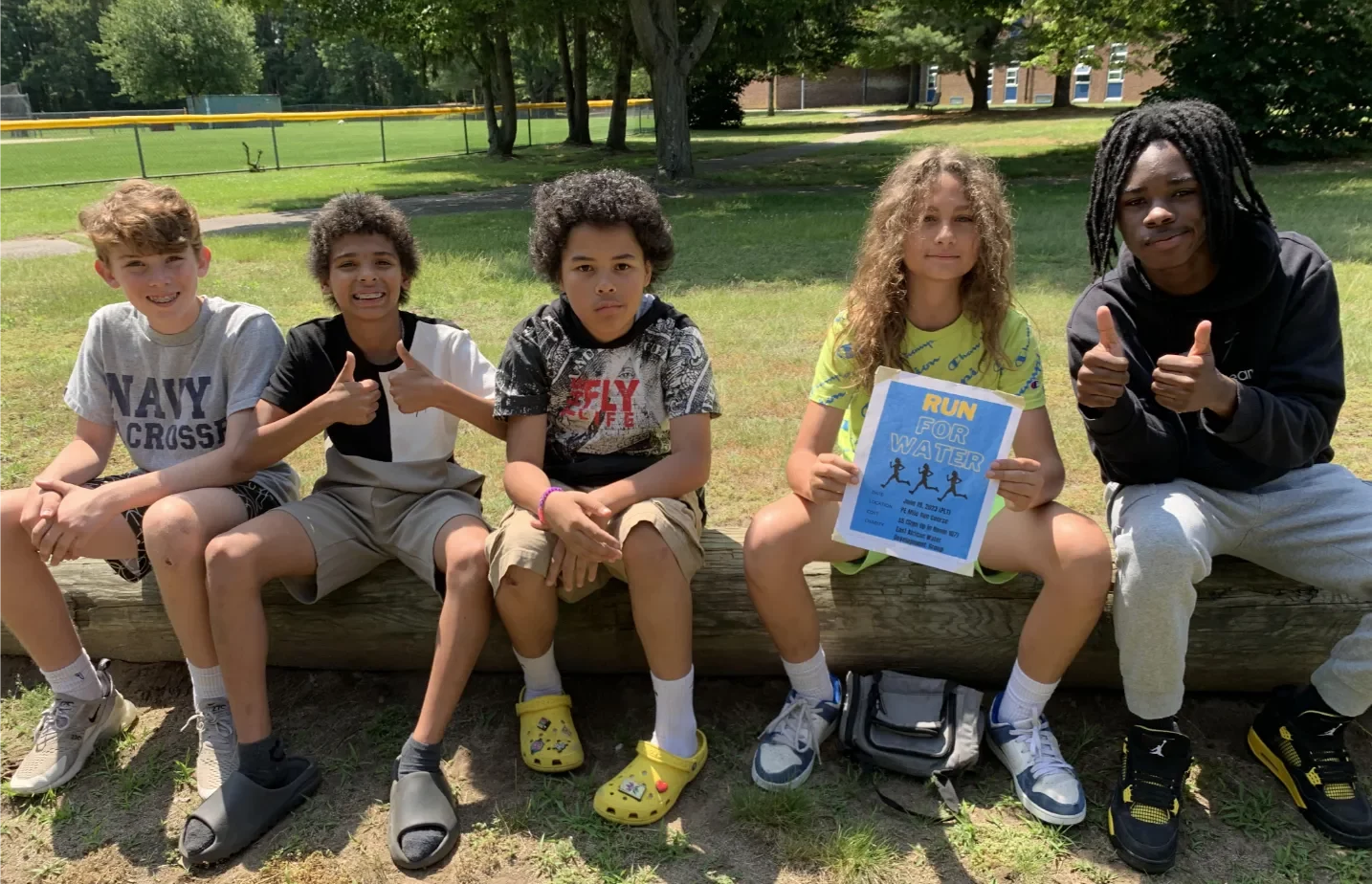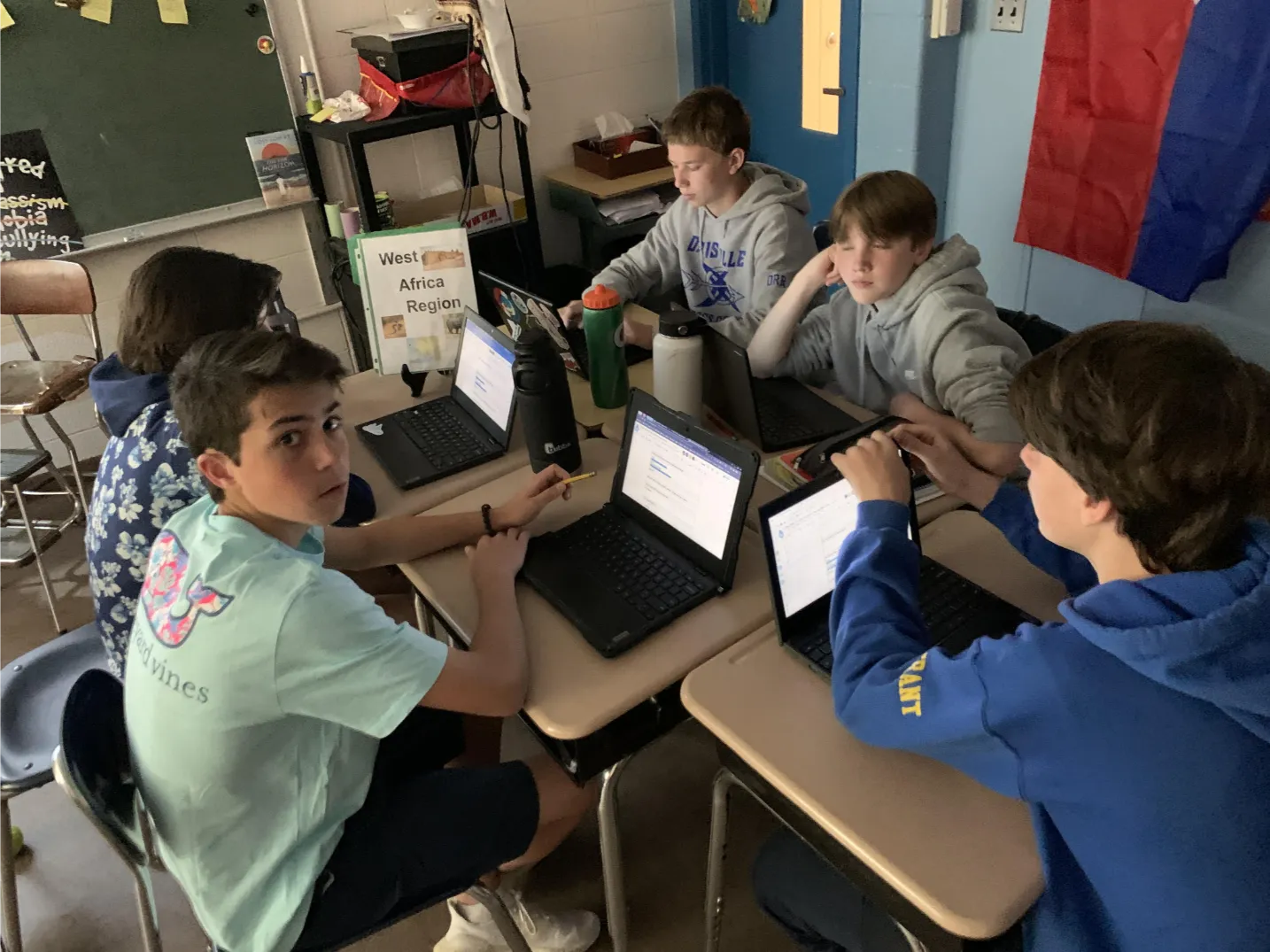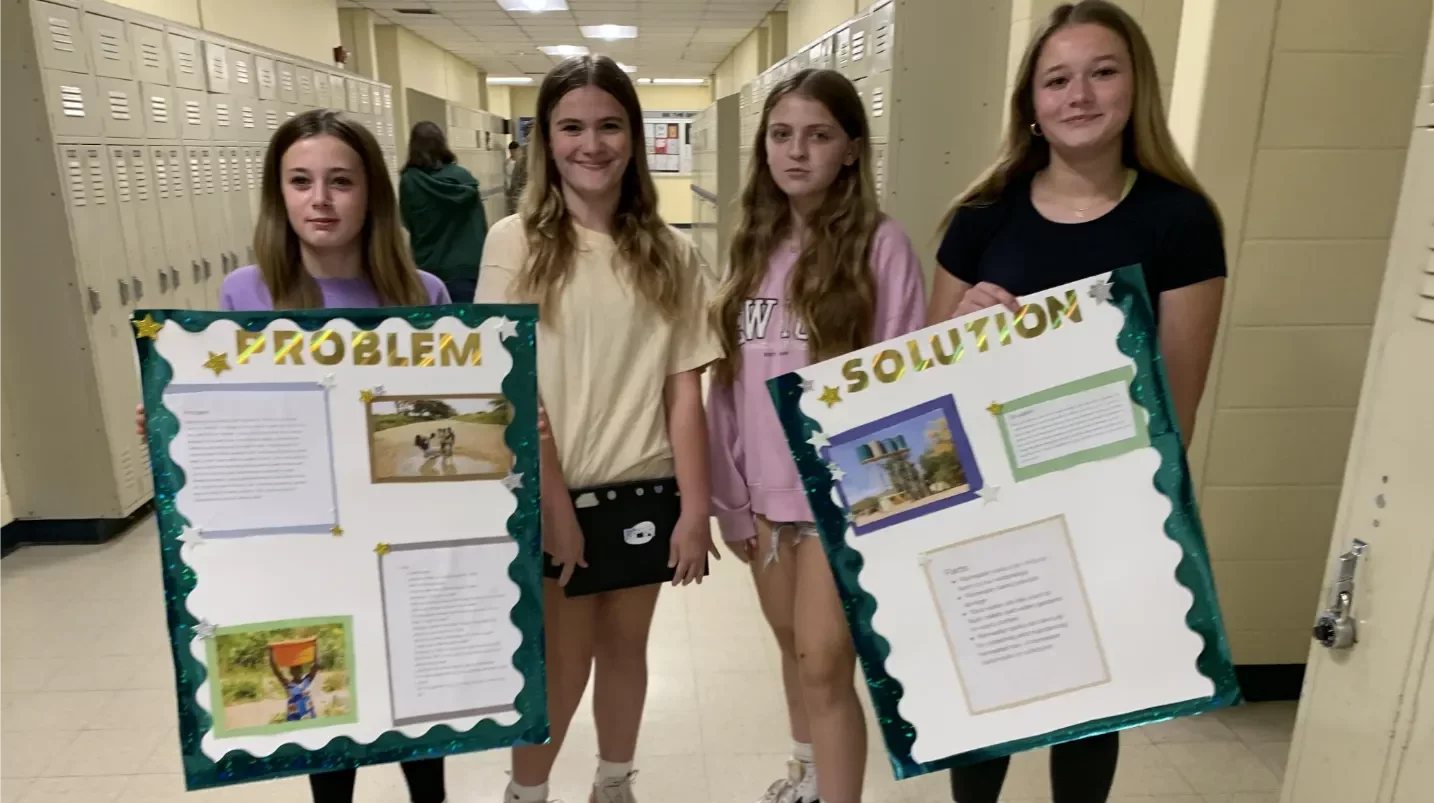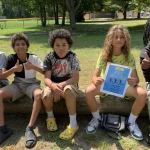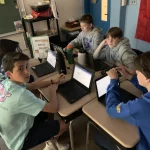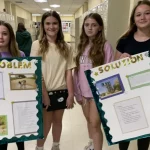Teacher: Sandra Makielski

Sandra Makielski
Sandra is a 30 year veteran seventh-grade geography teacher from North Kingstown, Rhode Island and a social studies methods professor at the University of Rhode Island. Her passion for teaching lies in helping students to become global citizens by engaging in activities that foster empathy and empower students to take action. She has participated in international professional developments in Asia, Europe, and Africa to improve her teaching strategies and foster global networking. Sandra writes grants each year to support experiential, hands-on learning within her classroom, to fund teacher leadership training, and to support a school-wide charity event.
Usefull links related to the Solution
Overview
Davisville Middle School students live on the banks of the Narragansett Bay in Rhode Island. As a water-oriented community, surprisingly, the students do not always recognize the importance of clean water nor do they understand that many global communities have limited access to clean water. Sandra wanted to provide her students with a concrete and simple tool they could use to create a measurable impact in water conservation_ shower timers. This project is designed to not only educate the students but also to empower them through activism.
Theory of Change
This project addresses the problem of long showers leading to wasted water and, in turn, impacting the global water supply. Students learn to manage their water usage, gain a deeper understanding of the global crisis, and participate in a take action projects. All aspects of this project are designed to give students agency and power. Students see that their actions and voice help them to be a part of the solution, not the problem. The approach to achieving a solution is multifaceted. By addressing the problem through multiple intelligences and different content areas, more students will likely make connections. Therefore, students will genuinely desire a change.
Approach and Actions
A curriculum and resources were developed which engaged the students in learning about the local and global importance of clean water supplies. Students were provided with shower timers and were challenged with decreasing their water consumption. A major aspect of the project however was the project-based learning portion. Students were coached on the three aspects of activism_ inventor, innovator and campaigner. Students then self-selected their groups and designed a project to address the essential question_ What steps can an individual take to protect their water resources? The students designed 19 different projects to address this question. examples of projects included producing a website, a picture book and writing letters to the editor of a local newspaper.
Impact
Students monitored and reported their water usage and evidence was produced which demonstrated a reduction in personal water usage, this shows behaviour change was achieved, at least in the short term. Students also gained new knowledge about water conservation and protection (locally and globally) project planning, communication skills development and activism; learning how to be change agents in the global community.
